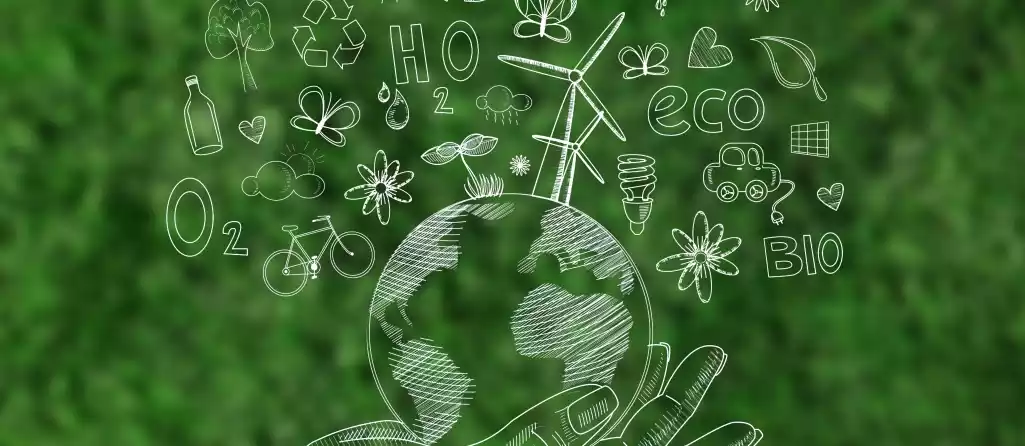With Earth Day coming up In an age where environment and sustainability has become a major global issue, climate education emerges as not just another initiative but the backbone of our planet’s future. This profound understanding is really critical for organizations and individuals determined to reduce their climate impact and foster a greener, cleaner world. This blog post is an extensive exploration into the importance of climate education and how organizations and professionals can deepen their understanding to drive meaningful change to ensure all organisations are taking proactive steps to reduce their emissions.
Why Climate Education Matters More Than Ever

At its core, climate education extends beyond the metrics and data; it’s about nurturing a mindset that values the delicate equilibrium of our planet’s ecosystems. The need for such education arises from the alarming trends our environment continues to exude — from rising global temperatures to the escalating frequency of extreme weather conditions. Climate education is not just for the next generation; it is an unyielding commitment from us, today’s leaders and custodians of the Earth. Sustainable Certification is set to undertake future training and expand knowledge of number of businesses across the globe.
Earth Day and Climate Literacy
Every April 22, Earth Day serves as a poignant reminder of the interconnectedness of life on Earth and the precarious balance under constant threat from human activities. This globally significant event is not just about planting trees and beach clean-ups; it’s about global climate literacy. For organizations, Earth Day should be a clarion call to redouble their efforts in embedding climate education into their corporate ethos. As we strive towards Net Zero, it is important that we continue to strive to build our awareness collectively around how we can achieve a more greener economy.
Embedding Climate Education in Organizational Culture
For organisations committed to sustainable development, climate education is a powerful lever that drives behavioral change and operational improvements. This section will provide an overview of the strategies for integrating climate education within the fabric of an organization — from developing training programs to fostering a culture that champions environmental stewardship.
The ISO 14001 Standard and Climate Literacy
ISO 14001, the international standard for environmental management systems, is a guiding framework that underlines the importance of climate education within organizations. Learn how the standard’s updated requirements drives a more thorough integration of environmental considerations into strategic decision-making and daily operations.
Sustainability Champions and Climate Ambassadors
Sustainability cannot be a top-down directive; it requires collaborative buy-in and participation at all levels. Through the identification and support of ‘sustainability champions,’ businesses can tap into the passion and drive of individuals to propagate climate education..
Nurturing a National and Global Movement through Climate Education
Climate action requires a collective movement that transcends borders and nationalities. This final section will explore how organizations can be catalysts for a broader climate education movement, contributing to a global culture of sustainability and responsible environmental stewardship.
Partnerships and Collaborations
No single entity can tackle the challenges of climate change alone. Developing partnerships with educational institutions, NGOs, and government entities can amplify the reach and impact of climate education initiatives. Learn how to form effective collaborations that advance shared educational and environmental objectives. At Sustainable Certification, we offer training and education on Sustainability and how we can reduce our climate impact.
The Role of Policies in Enabling Climate Education
Public policy plays a pivotal role in promoting climate education. This part of the post will examine the influence of regulatory frameworks on educational programs and explore avenues for policy advocacy to strengthen climate literacy efforts.
Engaging the Community
The power of community engagement in climate education cannot be overstated. This section will provide insights into effective community-based educational models that inspire and mobilize local action, creating a ripple effect that extends far beyond organizational boundaries.
By taking climate education seriously, organizations can enhance their environmental performance, engender a culture of sustainability, and contribute meaningfully to a healthier planet. It is through continuous learning and deliberate action that the language of climate change transformation will become as familiar as our ABCs, leading to a sustainable future for all.
To find out more about how climate education can have a positive impact on Climate change, please contact us
